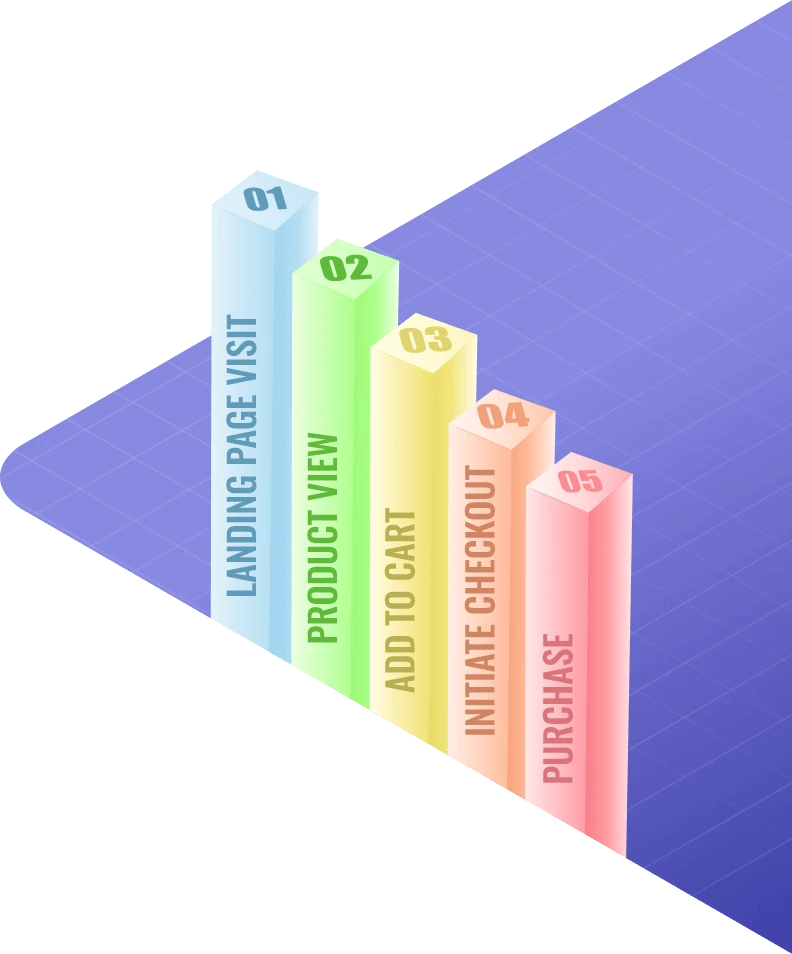It is no secret that understanding your audience is important for any business. However, it can be especially challenging for businesses in the United States to understand who their target market is. This is because there are so many different audiences and demographics in the US, and each one has its own unique needs and wants. However, audience understanding underpins everything else you do as a business.
Why is Audience Understanding Important?
There are many reasons why audience understanding is so important. Firstly, it allows you to segment your market and target your marketing efforts accordingly. With no knowledge of your audience, your marketing will be scattergun and ineffective. Once your understanding develops, you can choose the right strategies including social media platforms, voice, and more.
Secondly, it helps you to create relevant and targeted content that will resonate with your audience. For example, you’re not likely to use the same content for retired individuals compared to college students. By understanding your audience, you can ensure that your content is engaging and useful.
Finally, it enables you to measure the success of your marketing campaigns and make necessary changes. If you don’t understand your audience, you won’t be able to tell if a campaign is successful. However, by understanding who your target market is, you can make changes to improve the effectiveness of your marketing.
Overall, understanding your audience is essential for any digital marketing campaign. By understanding who you’re marketing to, you can create better content and measure the success of your campaigns. Without this understanding, your digital marketing efforts are likely shooting in the dark rather than having purpose and direction.
Once you develop audience understanding, everything else in the digital marketing strategy follows from this. For example, you’ll create social media campaigns, optimize website content, choose the right influencers, etc.
How to Develop Your Audience Understanding
There are a few key ways to develop your understanding of your audience. First, you can use data from your website and social media platforms. Look at things like demographics, interests, and behavior patterns. Facebook Insights and Google Analytics are two great tools for this – dig deep and learn as much as possible. For example, this includes age, career, gender, location, and more.
Another way to develop your audience understanding is through market research. This can be done in several ways, including surveys, interviews, and focus groups. This is a great way to get first-hand information about your target market and what they want; simultaneously, it’s also a chance to get feedback about your product or service.
Of course, don’t forget to pay attention to your competition. See what’s working for them and try to adapt those strategies to your own audience. Just remember not to copy them directly – you want to maintain your unique voice. What audiences do they target and how does this differ from your audience?
By taking the time to develop a deep understanding of your audience, you’ll be able to create content that resonates with them on a much deeper level. This, in turn, will lead to improved conversions and better results for your business. So, don’t underestimate the importance of understanding your audience – it could be the key to your success.
Over time, don’t be afraid to build customer profiles and personas to represent your audience. This will help you to better understand their needs and wants, and how best to communicate with them. With a well-defined audience, you’ll be well on your way to achieving your marketing goals.
Related Blog Posts – Read Here
10 Top Skills Needed for Marketing Your Business
Strategy Showdown: Growth Marketing vs. Digital Marketing
Video Marketing Trends That Will Be All Over the Internet
How to Use Pinterest Marketing to Grow Your Brand
SEO for General Contractors: Boosting Online Visibility & Clients


